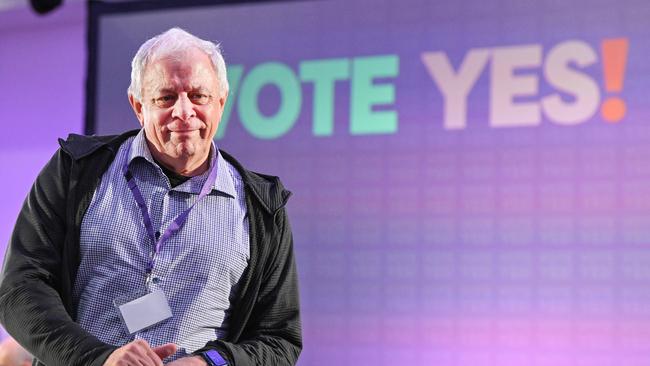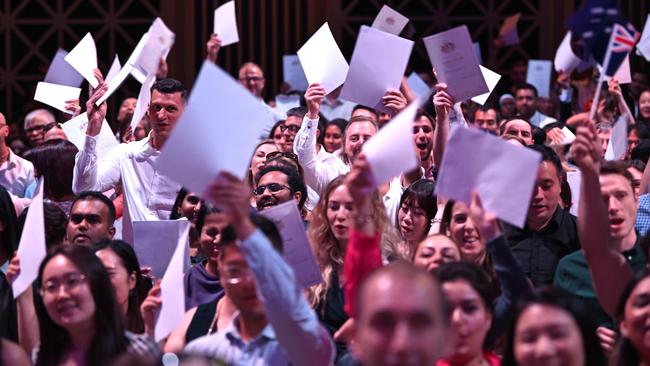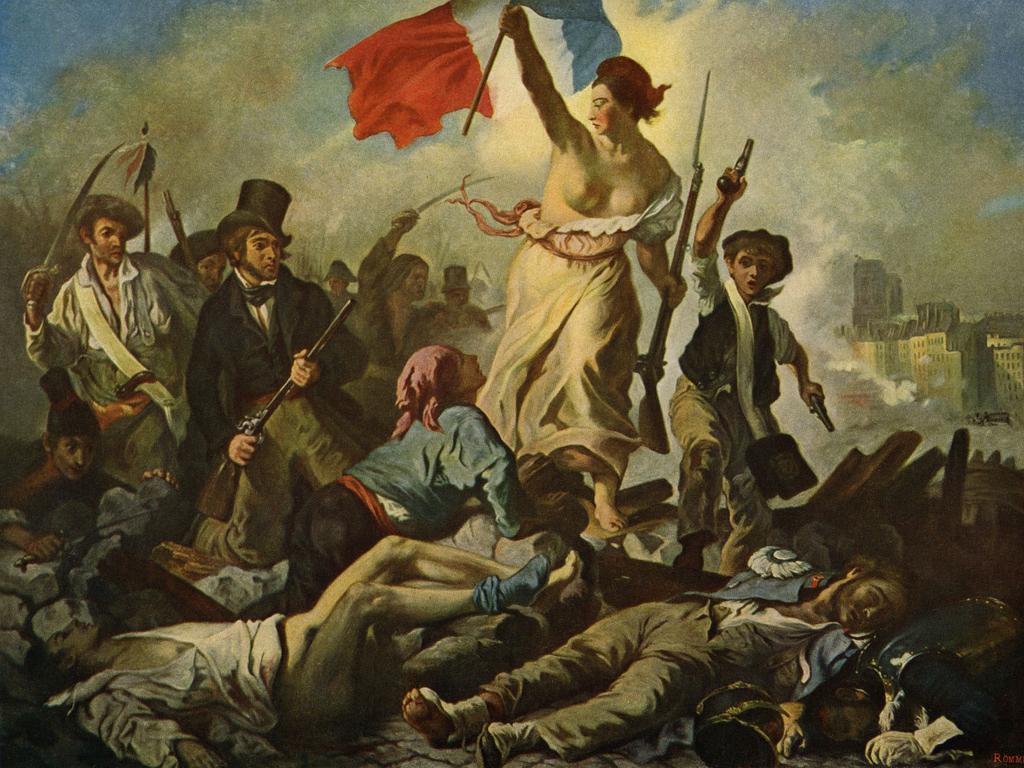Uluru Dialogue director Geoff Scott warns politicians to keep Australia Day off their agenda
Uluru Dialogue director Geoff Scott said local governments should not be ‘threatened or coerced or intimidated’ into holding celebrations on January 26.

Director of the Uluru Dialogue Geoff Scott has warned federal politicians against using Australia Day as a means to coerce local governments to hold celebrations on January 26, saying a “one-size-fits-all” approach is not suitable for a diverse nation.
Mr Scott, who has more than 30 years of experience working in Aboriginal affairs, criticised Peter Dutton’s plan to legislate the national public holiday for January 26 if elected this year, saying councils should not be “threatened or coerced or intimidated”.
“Australia Day has become a source of division these days, which is unfortunate,” Mr Scott told The Australian. “But every Australian chooses how to celebrate Australia Day, and councils are no different.”
The former director-general of the NSW Department of Aboriginal Affairs likened the proposition to the “divisive” 2023 Indigenous voice referendum.
“I don’t think the issue of Australia Day should be a one-size-fits-all, and there shouldn’t be any coerced or forced nationalism … That’s not good for any society,” he said.
“Labor tried the opportunity to have a referendum on the voice, to have this matter put to the Australian people. People voted on it but I think the misinformation and campaigns run around it were quite divisive.”
He described the ongoing debate as emblematic of how politics had devolved into divisive and coercive strategies.
“It’s sad when everyone is sort of forced into doing things the way some people want it, and there are many councils who support Mr Dutton’s approach and ideas, and there are many who do not.”

His comments come as the Victorian state government along with Melbourne City Council revealed they would not deviate from existing Australia Day policies this year, despite an uptick in public support to celebrate the national day.
While the City of Melbourne will host nine citizenship ceremonies, it is still council’s official position to advocate for the federal government to change the date of the national holiday away from January 26.
Mr Scott said although the federal election kicked off in a “negative way”, having a sensible form of dialogue between First Nations people and government officials about would be beneficial.
“Australia Day has always been framed in this divisive manner and it’s unfortunate,” Mr Scott said. “But it’s a shame that politics has sort of reduced itself to banking on these modes of communications now.
“People shouldn’t be threatened or coerced or intimidated. Many people have different views about that. But again, people should be free to choose.
“We all know the federal election is coming up and It’s already started in a negative way, I hope we can actually get some positives and look forward to how our nation can actually grow and move forward. We aren’t quite on our pathway to tightening each other up yet.”
As it stands, local councils across the nation are given a three-day buffer either side of January 26 to hold events, but in recent months a slew of local governments have said they would revert to the Australia Day date.
The Australian Local Government Association, representing 537 councils nationwide, previously said it was important to be pragmatic and welcome the flexibility to hold these ceremonies.
ALGA president mayor Matt Burnett said extreme heat and high costs were factors taken into consideration when councils decided to host Australia Day events.
A majority of Sydney councils will welcome proud new Australians with citizenship ceremonies on Australia Day.
These include the progressive Inner West Council, who urged Mr Dutton to “chill out” after he vowed to reinstate mandatory citizenship ceremonies if elected.
“Whether it’s sledging Woolworths merchandise or punching down at councils, Peter Dutton is always so cranky this time of year,” Inner West Council Mayor Darcy Byrne said.
“For once this January Peter should try to chill out and put a smile on his dial instead.”
The Uluru Dialogue represents the cultural authority of the Uluru Statement from the Heart, a historic declaration made by First Nations leaders calling for structural reform to address the injustices faced by Aboriginal and Torres Strait Islander peoples.
One of the key elements from the Uluru statement was for a commitment to the Makarrata Commission, which the Prime Minister could not confirm his government would fully implement without a constitutional voice.







To join the conversation, please log in. Don't have an account? Register
Join the conversation, you are commenting as Logout